This section contains articles from senior members of clergy for parish magazines.

Parish Newsletter
Parish News - January 2026 - Printable Newsletter
A downloadable and print-friendly newsletter to insert in parish magazines
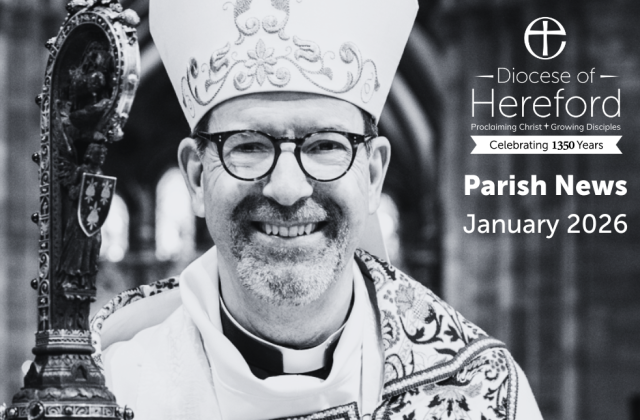
Parish Magazine Article - January 2026
We have had three years to explore our central values of Christlikeness, prayerfulness and engagement and now we want to celebrate, not least because the diocese is 1350 years old this year.
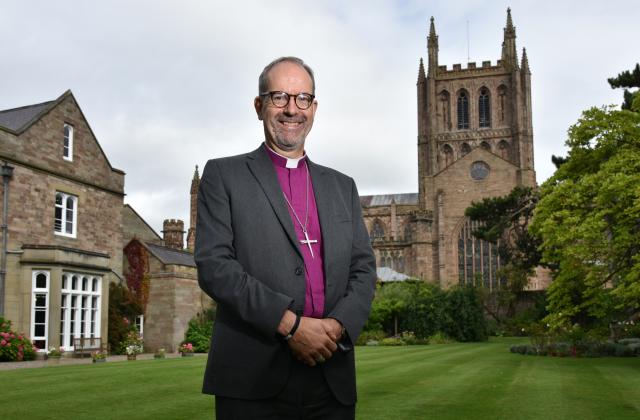
Parish Magazine God's Acre Content - January 2026
Parish magazine content each month from the team at Caring for God's Acre - Thinking about Carbon
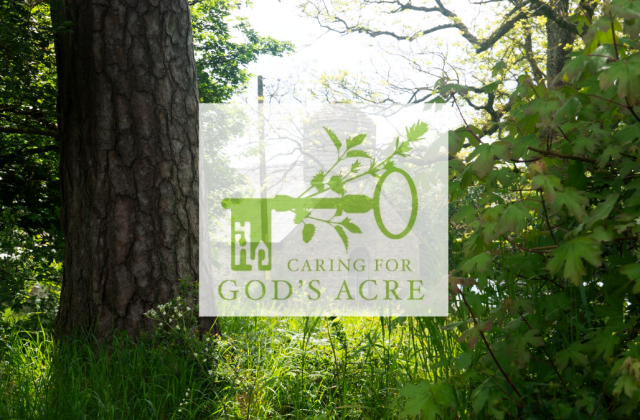
Parish News - December 2025 - Printable Newsletter
A downloadable and print-friendly newsletter to insert in parish magazines
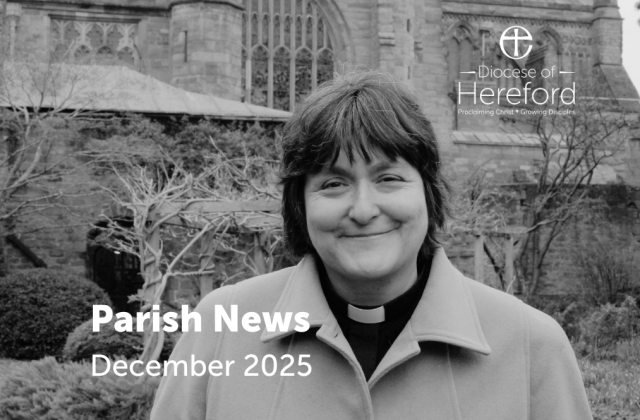
Parish Magazine Article - December 2025
Advent is about looking at ourselves and at the world and realising just how much we need a Saviour.
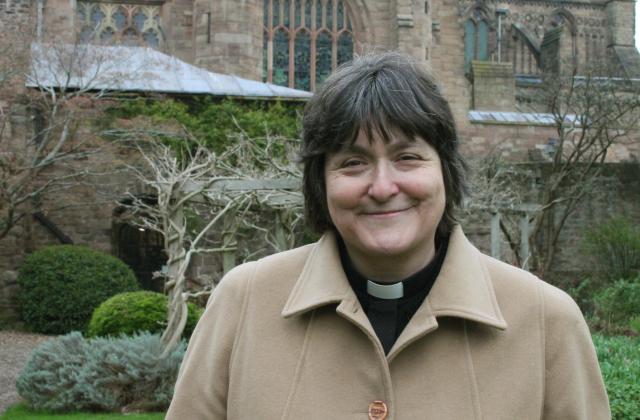
Parish Magazine God's Acre Content - December 2025
Parish magazine content each month from the team at Caring for God's Acre - The December Moth and the Winter Moth
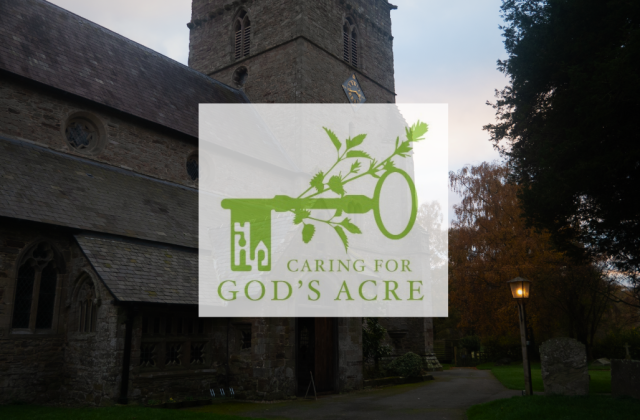
Parish News - November 2025 - Printable Newsletter
A downloadable and print-friendly newsletter to insert in parish magazines
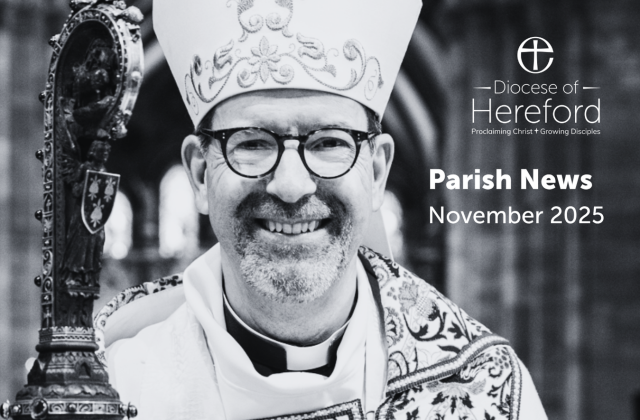
Parish Magazine Article - November 2025
In a Sussex parish scarred by war, remembrance becomes more than honouring the fallen; it’s a renewal of the Christian values of love, sacrifice, and equality they died defending, a stark reminder that these symbols must never be twisted by power or nationalism.

Parish Magazine God's Acre Content - November 2025
Parish magazine content each month from the team at Caring for God's Acre - Overwintering reptiles and amphibians
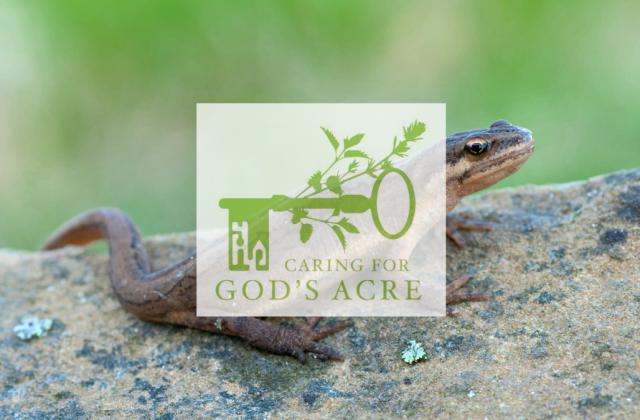
Parish News - October 2025 - Printable Newsletter
A downloadable and print-friendly newsletter to insert in parish magazines
